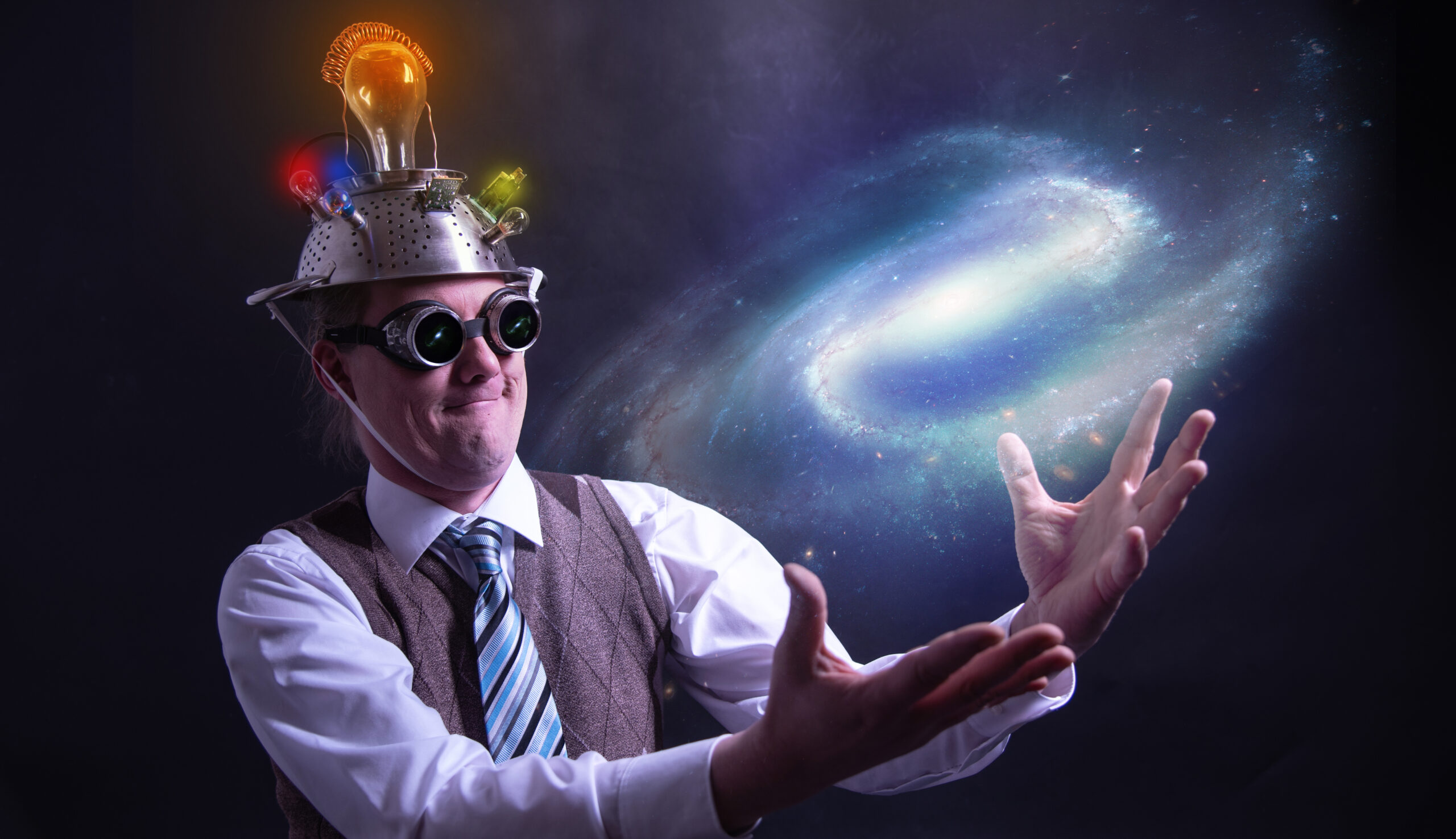Questions can be some of the scariest things we hear as people.
“Did you hear something outside the tent?”
“Why are you holding a gun?”
“Do you want to hang out some time?”
Terrifying. But not quite as terrifying as this one that we all encounter at some point in our lives: “Who are you?”
It’s petrifying when you think about it, because you quickly realize you have no clue how to answer. Like seriously, what the fuck? This seems so basic. There must be an answer.
“Do I really not know who I am?”
“How do I begin to describe myself?”
“Am I just a total idiot?”
Yes, you don’t, and yes.
But it’s cool. Nobody actually knows who they are, because that’s a stupid question.
Nobody has ever been able to answer this question accurately–except, I guess, for the people who say something to the effect of, “I am an infinite matrix of undefinable complexity that is beyond the power of the spoken or written word.” So virgins, basically.
But that doesn’t stop us from trying to answer this question–both to others and ourselves. We try like hell to define ourselves with visual queues, opinions, and labels. A girl wears a bindi and a headband to Coachella, and calls herself spiritual. An old dude buys a Harley, grows a beard, gets tattoos, and thinks that makes him a Hell’s Angel. A fat guy watches anime and eats California rolls, and considers himself a ninja. An identity can be comforting. It sets defining boundaries for how we feel, dress, act, eat, and think.
The problem with anything resembling an identity is that, well, it sets defining boundaries for how we feel, dress, act, eat, and think–which, if you have those, are you even really a person? Isn’t the point of being a human instead of–I don’t know, a warthog–that we get to be unlimited in these things? Isn’t the most human thing in the world to be too complex to be accurately identified?
Establishing and following an identity keeps you from being fully human. It keeps you from fully being yourself and limits you to your labels and groups. “I’m an intellectual, vegan, Yankees fan.” “I’m a compassionate, liberal, mom.” “I’m a Christian, lesbian, puggle.”
Not only do we label ourselves with this overarching bullshit, but we take other peoples’ labels super seriously.
“He’s a single dad. What a hero!”
“Oh he’s a conservative? Fuck that guy.”
“If you believe in gender equality, then you are a feminist. You ARE! Look at the dictionary! Call yourself one! Do it right fucking now!”
*Before you say that last part is a sexist representation of a shrieking, hysterical woman, keep in mind that in my head, that’s actually a pandering dude in a woman’s studies group. So maybe you shouldn’t jump to conclusions, sexist.
Why We Should Tell Labels and Groups to Go Fuck Right Off
Groups make enemies out of potential friends, and friends out of assholes. The more you get involved with your group, the more likely you are to start to think everybody who isn’t one of you is a braindead piece of shit. This goes for families, professions, friends, lobbies, the academy, parties, fraternities, religions, ethnicities, and LARPers. Groups by their very nature almost always become insular, elitist, gaggles of tunnel vision douchebags who spend most of their time jerking each other off, and there’s a reason why.
Once you attach yourself to a system of belief, or a group, it becomes a part of your identity and challenging that becomes scary. So you no longer seek to to find out if things are correct, or good, but instead whether or not they’re Christian, or libertarian, or feminist. That becomes what “good” means to you, and suddenly you’ve lost your objectivity, and you’re just trying to show how on your own team you are.
This is a shame because once you dig beneath the surface with anyone, you often find their true thoughts are way more complex than the beliefs of their chosen group, and you see how pointless the group is.Pick an issue out of a hat with feminism: chivalry, divorce settlements, who should lead the world, the definition of rape, prostitution, who pays for dinner, friendzoning, domestic abuse, the sexism of language, the public exposition of titties. People of all groups are all over the place on all of these issues (For instance: Many generally misogynist men are very pro-exposition of titties. People are complicated.)
But this is the crazy thing about so many groups: they’re defined by what they agree on, but once you begin to look under the hood on any of them, you find they don’t agree on anything. Doctors, the occupy movement, One Direction fans–they’re all chaotic scatter plots (although with Zayn out, Harry must have a super majority at this point).
I mean shit, Christians can’t even agree on how to feel about anything, and they literally all follow the same book.
But there’s an important thing to note here: this is how it should be. We shouldn’t try to get everyone on the same page. This is how people are deep down. We’re mentally diverse creatures that spiderweb into all different directions (Yes, even to Louis, or Liam). But this makes grouping ourselves by what we believe that much more stupid, pointless, and harmful.
The Beauty of Changing Your Mind…
Perhaps the worst part of groups is that they keep us from listening to others. You may think you’re listening to someone outside of your group, but you’re not really. You listen with the intent of poking holes in their argument. You listen so that you can quote what they said and call it, “dangerous,” or “triggery,” or “fascist.” You listen so that you can show why the other team is worse than you, and really, can you think of anything more pointless?
“Watch this scientist completely OWN this Priest in a debate.” Or I could not.
This does nothing but make you feel better. It certainly doesn’t change anyone’s mind. In general, we never change our mind, which sucks because changing your mind is awesome. It’s advancing to the point of seeing that a new point of view is superior to your current one. It’s one of our biggest markers of progress that we have as people. We should seek to change our minds as much as possible–to constantly challenge our preconceived notions. This is how we progress in understanding things.
Or we could continue to call anyone who changes their mind a “flip flopper” and condemn them to hell because they’re no longer in the box we had placed them in like the complete fucking idiots that we are. But I like my idea better.
…And How To Allow Yourself To Do It
Before you have any hope of changing your mind, you first have to rid yourself of your identity–of your attachment to your group and your label. So first you have to see yourself not as a Republican, or an Asian, or an S&M practitioner or whatever it is that describes you. These things may be accurate, and of course you’ll inevitably have that perspective, but thinking of yourself in those terms generally does nothing but fuck with your objectivity, close your mind, and separate you from your true self.
My tip for divorcing yourself from your identity is to imagine the most revolting person who fits your descriptor. They exist for every group. If your label is feminist, think maybe Nancy Grace, or Mary Daly. If you’re Asian, Genghis Khan seems pretty good. If you’re pro-guns, Ted Nugent seems ideal. As a privileged white dude, Donald Trump is my spirit animal. He allows me to let go of any desire I might have to identify myself in these ways, because oof, what a ball of AIDS that dude is.
And once you’ve done that–once you’ve completely divorced yourself from labels and emerged as an actual individual, all you have to really do is fight your ego. And that’s hard. That takes a colossal change of reference. So here’s my idea on how to do that:
Listen to people you hate with the attitude that they’re probably correct.
So no, it’s not enough to watch Hannity as a liberal, you have to watch him with the attitude going into it of, “This guy clearly knows some stuff I don’t! Let’s lend him my ear!” If you’re conservative, watch Obama speak with this approach, if you’re anti-gun, listen to that creepy French NRA guy, and if you’re vegan, listen to…a bear? I don’t know. Find somebody for whatever your thing is. That’s my point.
And don’t stop with media personalities. Every time anybody disagrees with you in every day life, assume they’re right. Assume they know more than you, and that their logic is stronger. Assume from the beginning that you’re an idiot and everything you know is wrong. It sounds extreme, but so are our egos (also it’s probably true).
You even have to listen to anti-gay people this way, which–I know. I KNOW. I too would rather jump out of a tenth story window onto a bed of nails and acid, while on fire, while listening to Nick Jonas, but this is the standard to which we have to hold ourselves. Listening to people you already agree with and having them reaffirm your beliefs is fucking pointless. It’s impossible to progress as a person that way. You’re adding nothing new to your life. You’re just cozying up to your identity, like it’s a teddy bear, sucking your thumb, and occasionally calling other peoples’ teddy bears problematic.
This is how we become informed, educated, real people instead of talking point robots that regurgitate our inherited views. We listen to assholes. We seek to truly understand what we hate, instead of just blindly hating it. We must divorce ourselves from our identities, and seek that holy grail of actual objectivity. You can’t help what you are, but you can help how you see it. For the purposes of how you view things, you are not a libertarian, or a hippie, or a LARPer.
You are just a ball of bumbling, egocentric, mildly self-aware flesh, and this is how you feel right now.










